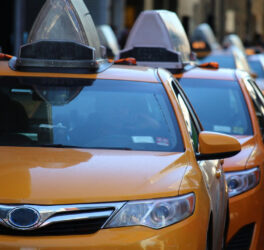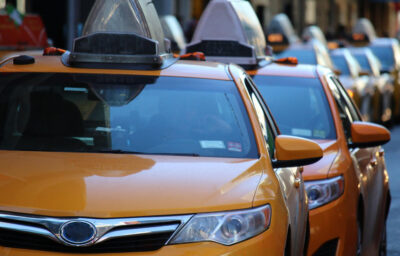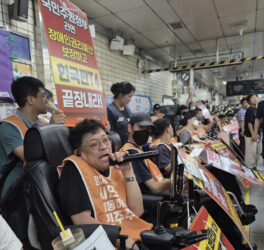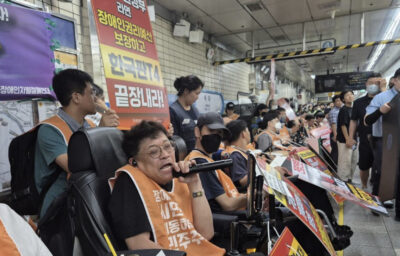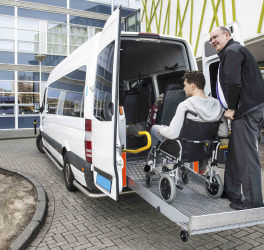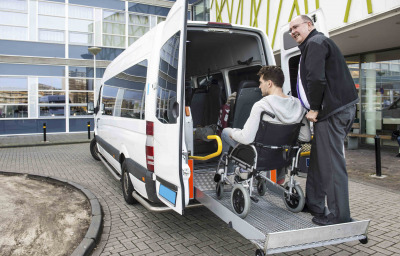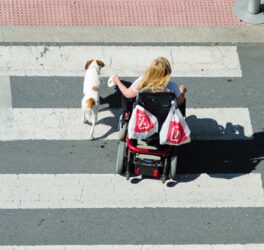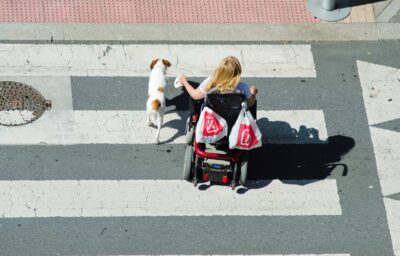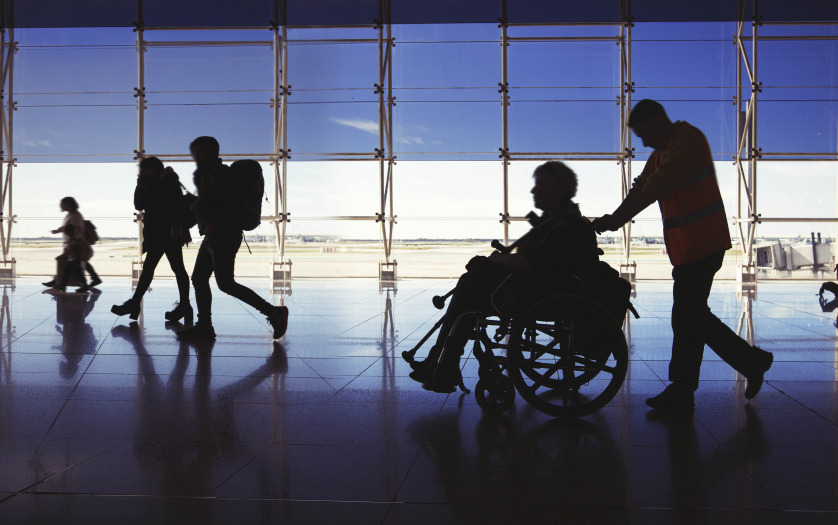
The Open Doors Organization (ODO) released key findings from its 2020 Market Study on Adult Travelers with Disabilities. The nationwide survey was conducted by The Harris Poll as a follow-up to ODO’s previous studies of 2002, 2005, and 2015. The new data shows that the disability travel market has a greater economic impact on the travel industry than ever before.
In the past two years (2018-19), more than 27 million travelers with disabilities took a total of 81 million trips, spending $58.7 billion on their own travel alone (up from $34.6 billion in 2015). As Eric Lipp, ODO Executive Director, noted in his remarks at the 2020 TTRA Marketing Outlook Forum, “The true economic impact is higher, potentially even double, since people with disabilities typically travel with one or more other adults.”
Economic impact of disability travel market continues to grow as adults spend $58.7 billion on just their travel alone.
While each industry segment saw an increase in travel frequency and spending since the 2015 study, aviation has shown the most growth. In the past two years, nearly 15 million people with disabilities took 29.6 million trips by air. This alone generated $11 billion in spending (up from $9 billion in 2015). Recognizing the importance of this market, the International Air Transport Association (IATA), supported by ODO, just this week held its Second Global Accessibility Symposiumwith the aim of creating a more equitable, inclusive passenger experience post-pandemic.
In addition to shedding light on general travel patterns, frequency, and spending by American adults with disabilities, the ODO Market Study once again provides details on air travel, cruise travel, ground transportation (including rideshare services), the use of the Internet, mobile devices and assistive equipment, and the most popular destinations nationally and internationally.
The study also asked respondents about their plans to travel after the COVID-19 crisis has ended including when they plan to travel again and how likely they are to participate in activities such as staying at a hotel, taking a flight, and visiting cultural institutions.

